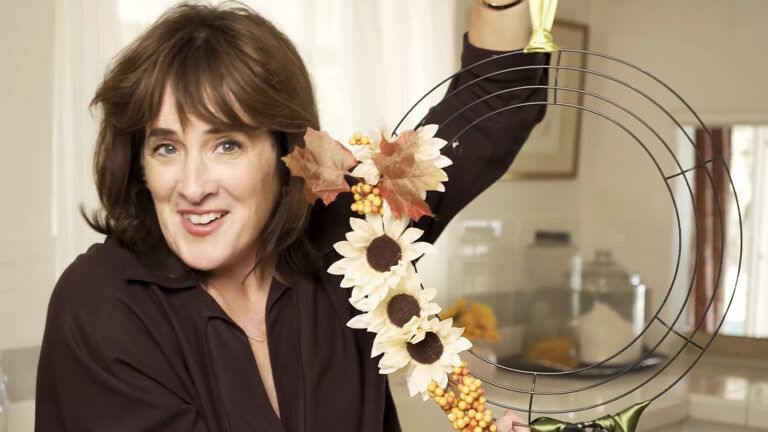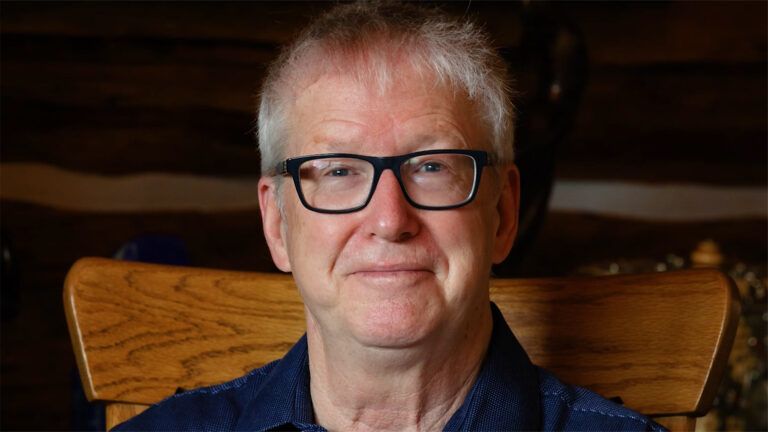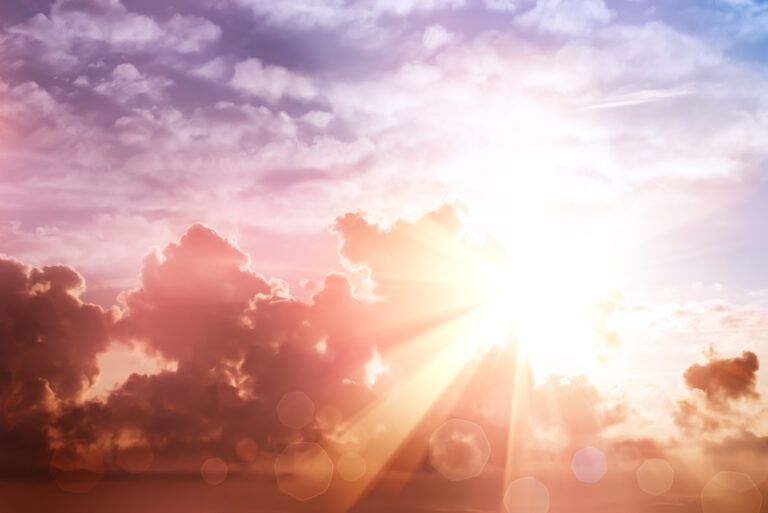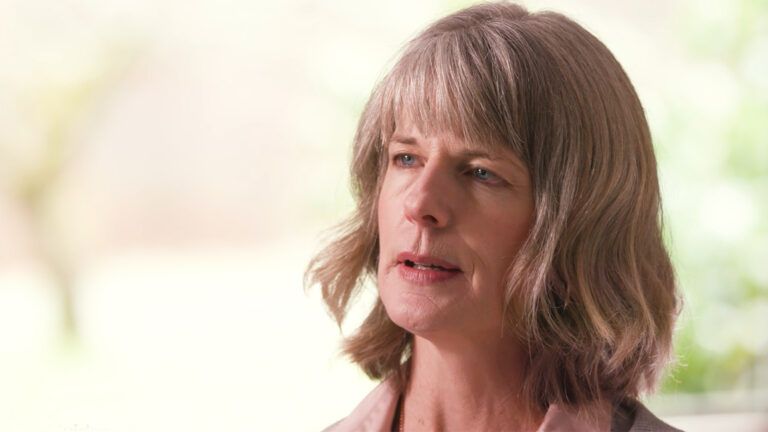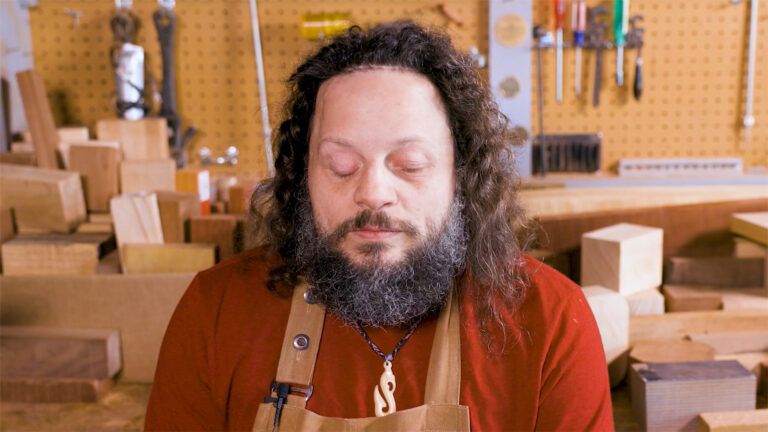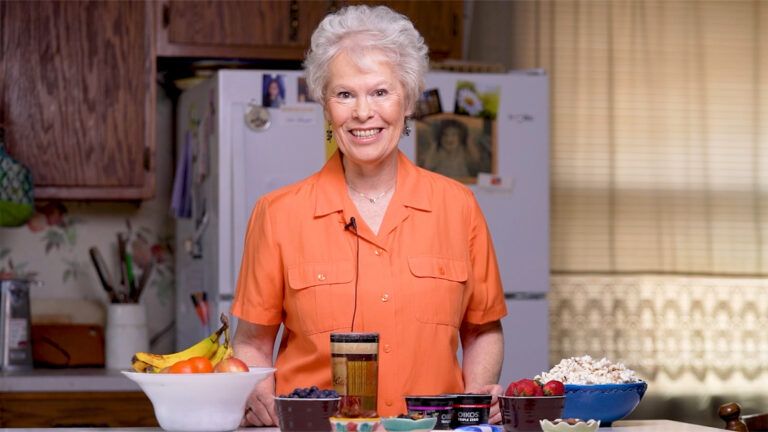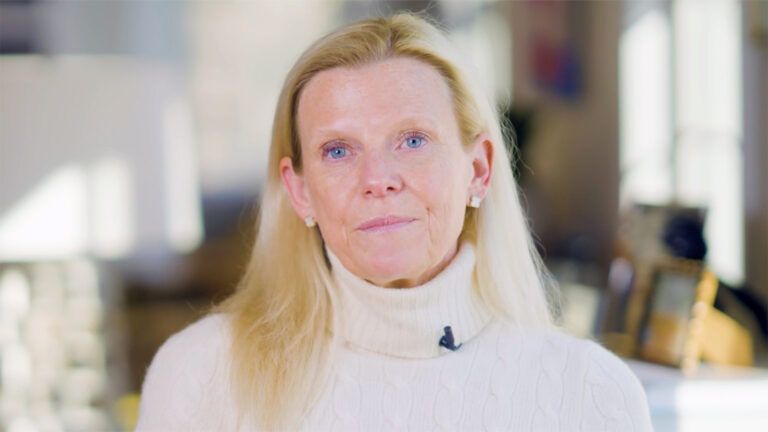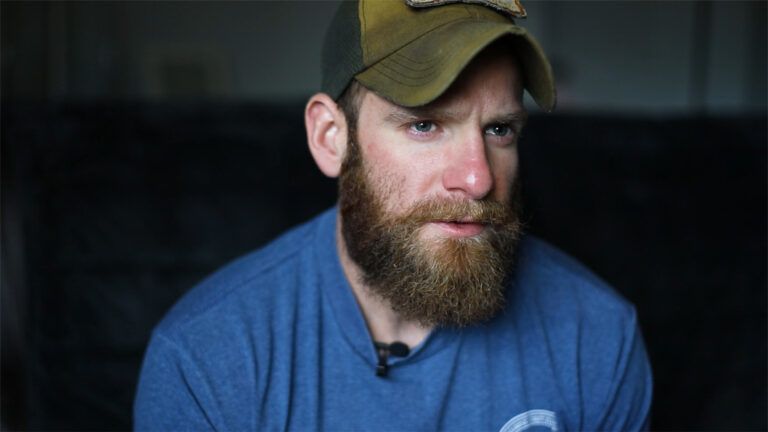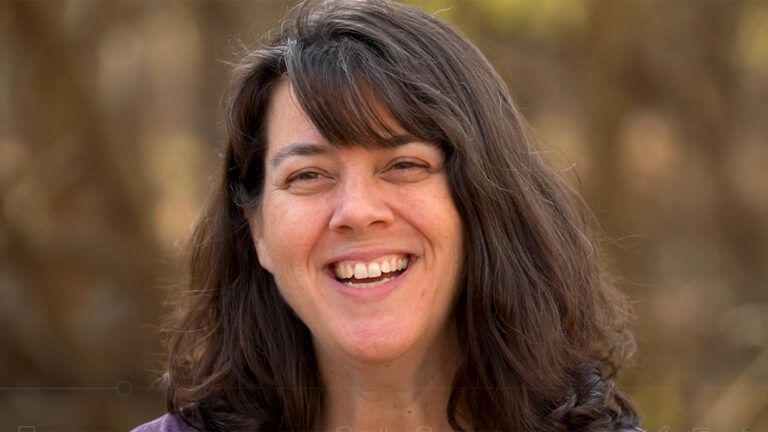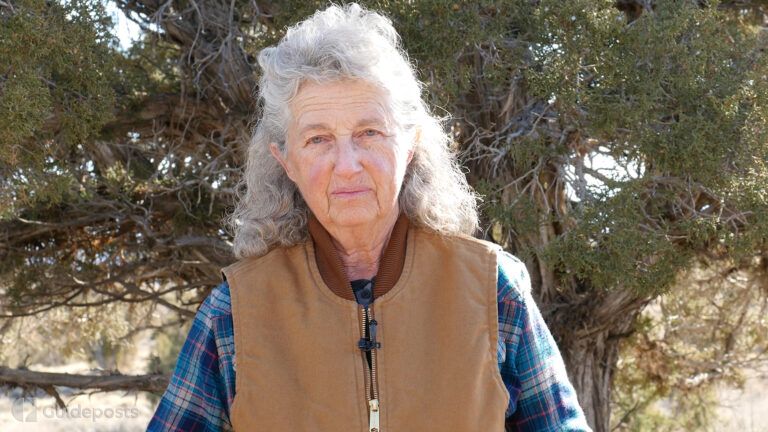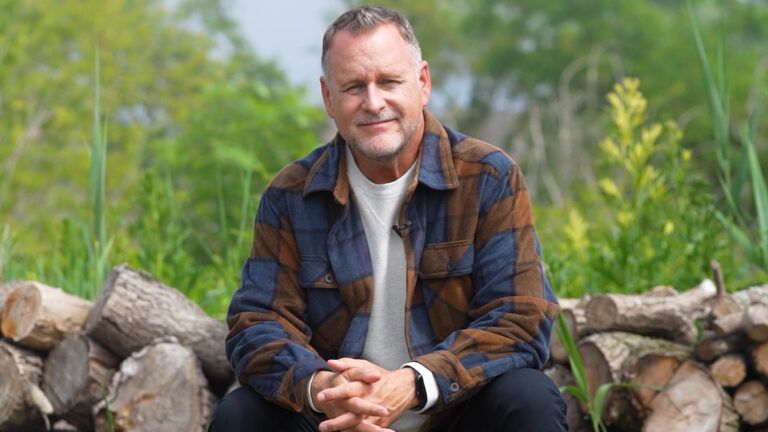
Chef José Andrés’ Faith Inspires Him to Serve Disaster Survivors
Listen as the acclaimed chef shares what inspires him to reach out to those in need following natural disasters.
View Transcript
Guideposts Video: Inspiring True Stories
My name is José Andrés. I was born in Spain, but now I’m a proud American, too. I’m a cook. I feed the few, but also super committed to try to feed the many. We founded this NGO World Central Kitchen right after the earthquake in Haiti. Since then we’ve been very committed to solve many of the issues humanity faces one plate at a time. So very often, my friends, people ask me, “Why is it so important for you, José, to bring a plate of warm food to people after a disaster?”
I’ve been more than 25 years in different organizations here in Washington, in LA, feeding the homeless, but also teaching them how to become cooks and, in the process, solving a problem and turning that problem into an opportunity—not only feeding the hungry, but also giving hope to those men and women that nobody ever gave him an opportunity. And I learned all of these through this man Robert Egger, the founder of DC Central Kitchen and LA Kitchen and my mentor. And I’ve been next to him, a guy that said that charity should not be about the redemption of the giver. But charity in the 21st century should be about the liberation of the receiver.
And I do believe every single man and woman—and especially men and women of faith—should be here to try to liberate those that somehow they are chained to the things that are wrong in life. And a plate of food, sometimes, is a way to liberate others. And a plate of food sends that message that you care, that help eventually will arrive, that things tomorrow will be better.
Everybody’s always looking for that horizon of hope for their own, their loved ones, but also for their community. So, for me, how I got involved in relief very much happened by chance. I’ve been in many hurricanes before. I’ve been in earthquakes before.
And I went using a humble way to learn. Because to provide aid to others, first you need to learn what they need. And I still remember being in Sandy and watching the men and woman from the Southern Baptist Church that they had the best food relief operation I’ve seen in my entire life.
There you had those men and women waking up very early every morning with only one mission. And the mission was to multiply whatever food they had and feed as many people they could. And for me, quite frankly, I’ve been following very closely the Southern Baptist Church, because they’ve been doing this amazing job for so many years.
And this is what makes thjem so unique, because they are so humble in their service to others but they inspire a guy like me to also try to do the same. Because those guys cannot be everywhere, even they are a very big family of different congregations of the Southern Baptist Church. And I guess that all my training of going to different events in Houston and the fires in California—that actually we were cooking in a church in the mission of San Buenaventura providing food to the shelters of the Red Cross and to the first responders.
But especially in Puerto Rico, where we had millions of Americans hungry, the destruction was so big that I guess everybody stopped, because the problem was huge. So what do you do? And what we did was, not thinking about everybody, we began doing only what we could.
On the first day, we did 1,000. And we had 20 volunteers. And we went from 20 volunteers to more than 20,000 men and woman. And we went from 1,000 meals a day to almost 160,000—170,000 meals a day.
And we went from one tiny kitchen to more than 25 kitchens. And all of a sudden, we did more than 3.5 million meals in Puerto Rico alone, more than 4 million meals over the last season of hurricanes. You see, sometimes you don’t need to try to solve all the problems that the world faces. Maybe you only need to be in on one very humble thing, which is trying to help your neighbor, just the person that you have in front of you. It can be your friend or maybe somebody you don’t know.
So people that only want to be doing good, I will tell everybody: Don’t try to serve everybody. Just try to take care of the person you have in front of you. Try to inspire or change the life of that person. In the process, that person probably is going to change your life, too.
And when you start thinking it’s small, all of a sudden, big things happen. My book is called We Fed An Island. I wrote it with my friend Richard Wolffe. And I wanted to write the book to tell people what happened, so we can be ready in the event that this happens anywhere in America or anywhere around the world and, especially, I did it to pay homage to the men and woman that left everything behind and left their homes every morning with the mission of feeding others.
It’s so many amazing stories. It’s so many unknown, unsung heroes—not only what happened in Puerto Rico, but all across the world. Many are people of faith, many churches that, all of a sudden, they are not only the church that feeds your soul and your spirit, but also a church that, all of a sudden, becomes one that also feeds the needs of the people with a humble plate of food. And I think, for me, it was fascinating to see that in action.

